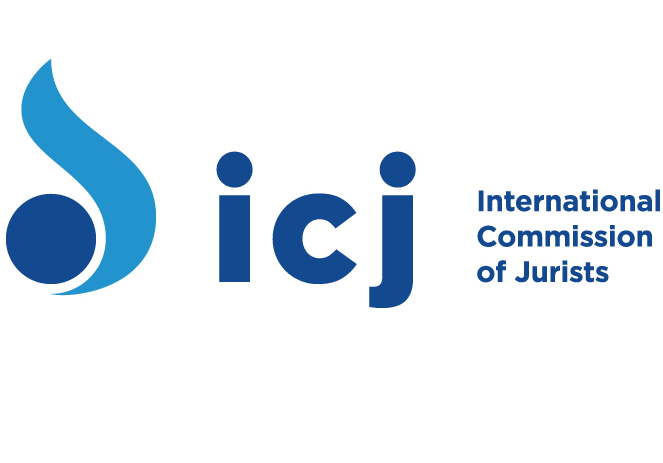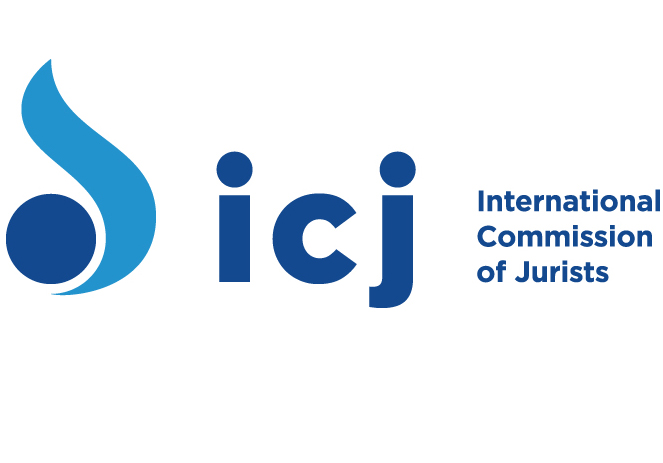
Seminar : business, human rights and access to justice
Seminar: Business, Human Rights and Access to Justice
Warsaw, 20th October 2009
Seminar business rights-agenda-2009 (full text in English, PDF)

Seminar: Business, Human Rights and Access to Justice
Warsaw, 20th October 2009
Seminar business rights-agenda-2009 (full text in English, PDF)

The ICJ has submitted a shadow report to the Committee against Torture for its consideration of the Periodic Report of Spain.
In the submission, the ICJ dealt with the law and procedure regarding incommunicado detention, and the limited safeguards the law provides for detainees. The ICJ also highlighted concerns regarding the credible allegations of Spain’s involvement in the CIA-run programme of renditions. Finally, the ICJ addressed a problem with Spain’s definition of the offence of torture and the recent attempts to limit the scope of Spanish universal jurisdiction to prosecute and try crimes under international law, including torture.
Spain-Consideration of the 5th Periodic Report-legal submission-2009 (full text, PDF)

What prisoners say or “confess” to under torture should never be admissible in any court proceedings, said the ICJ and other Human Rights groups.
Cambodia-torture-position paper-2009 (full text, PDF)
Cambodia-torture-web story-2009 (full text, PDF)

What prisoners say or “confess” to under torture should never be admissible in any court proceedings, said the ICJ and other Human Rights groups.
Cambodia-torture-web story-2009 (full text, PDF)
Cambodia-torture-position paper-2009 (full text, PDF)

In this submission, the ICJ explores key aspects of the “Protect, Respect, Remedy” framework established by the Special Representative to the Secretary General John Ruggie (photo).
In its resolution 8/7 of June 2008, the Human Rights Council requested the Office of the High Commissioner for Human Rights to organize, within the framework of the Council, a two-day consultation “in order to discuss ways and means to operationalize the framework, and to submit a report on the meeting to the Council”.
The consultation was conceived of as a means to respond to calls from civil society for the Council to ensure wide and non-selective participation by grass-root organizations and victims groups in the debates around the issue of corporate human rights responsibilities.
Guided by United Nations instruments, the ICJ attaches great importance to the development of an approach that is centred on the individual, including victims or potential victims of abuse, their rights and needs.
The ICJ submission discusses the need for a normative approach to holding corporations accountable for their human rights violations, and it applies the findings of the ICJ Expert Panel Report on Corporate Complicity to elaborate on corporations’ legal responsibility to conduct due diligence into their suppliers, buyers, partners and subsidiaries.
The submission also highlights the obstacles victims face to achieving redress through national judiciaries, including corruption, a lack of judicial independence, capacity, and enforcement, as well as significant procedural hurdles. Finally, the submission discusses the weaknesses of current international mechanisms and the need for exploration into alternatives.
ICJ Submission for the Consultation on Business and Human Rights-Position Papers-2009 (full text PDF)